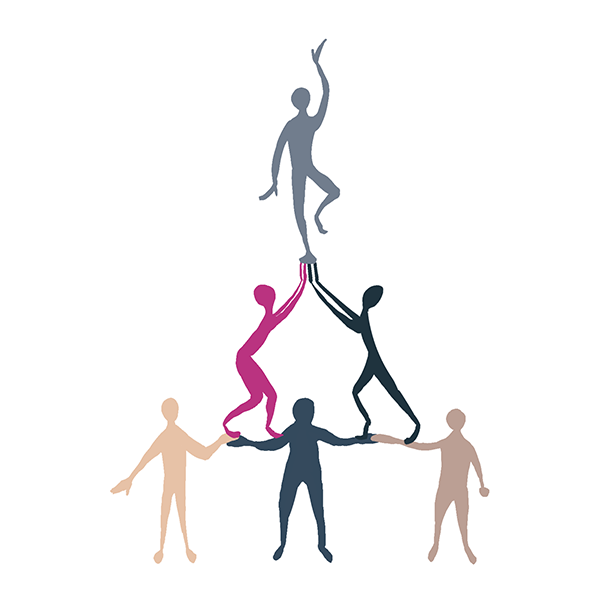reparations
Advocating to Restore Dignity Through Survivor-Centric Reparations and Other Transitional Justice mechanisms
In 2014, I was living in Erbil in the Kurdistan Region of Iraq when ISIS captured Mosul and up to one third of Iraq’s territory, leading to a mass displacement as thousands fled to the Kurdish region in search of safety. Those unable to flee faced life under ISIS rule, with the Yezidis and other minorities suffering killings, abductions, family separation, sexual violence, and other human rights atrocities.
The Iraqi government’s passage of the Yazidi [Female] Survivors’ Law in 2021 marked a significant step in recognizing the profound suffering endured by these communities. The law not only offers individual and symbolic reparations but also facilitates the search for missing persons and the pursuit of justice and accountability against ISIS perpetrators.
International law recognizes that reparations are a fundamental component of transitional justice, serving to remedy harm and restore dignity to those affected by atrocities and grave human rights violations. Administrative reparations programs, in particular, provide a wide reaching, accessible form of redress for a large number of victims and survivors.
In my consulting role with the International Organization for Migration (IOM), I supported the implementation of the Yazidi [Female] Survivors Law through a survivor-centered approach that incorporated ‘do no harm’ principles. My contributions included developing protocols, creating application procedures, and conducting training sessions for government and NGO personnel. These sessions aimed to enhance awareness, engagement with survivors, and assistance with reparations applications. Additionally, I conducted research that addressed a newly imposed rule requiring survivors to initiate criminal investigations prior to qualifying for reparations.
Customized training and capacity building for government and NGO staff on reparations law, procedures, survivor centric methodologies, and adherence to ‘do no harm’ standards.
Development of awareness-raising strategies and skills training, specializing in conveying accurate information to beneficiaries about the law and application procedures.
Analysis of legislative and policy frameworks, identifying deficiencies and providing recommendations for strengthening reparations-related policies and legislation, ensuring they are survivor-centered and trauma-informed.
Support for multi-stakeholder coordination, facilitating collaboration among government entities, NGOs, and survivor networks.
Survivor engagement and network facilitation, developing strategies for meaningful engagement with survivors and establishing connections with and among survivor networks.
My consultancy services are available to support reparations processes, with a particular focus on administrative reparations for survivors of sexual violence in conflict.

Customized training and capacity building for government and NGO staff on reparations law, procedures, survivor-centric methodologies, and adherence to ‘do no harm’ standards.

Development of awareness-raising strategies and skills training, specializing in conveying accurate information to beneficiaries about the law and application procedures.

Analysis of legislative and policy frameworks, identifying deficiencies and providing recommendations for strengthening reparations-related policies and legislation.

Support for multi-stakeholder coordination, facilitating collaboration among government entities, NGOs, and survivor networks.

Survivor engagement and network facilitation, developing strategies for meaningful engagement with survivors and establishing connections with and among survivor networks.
